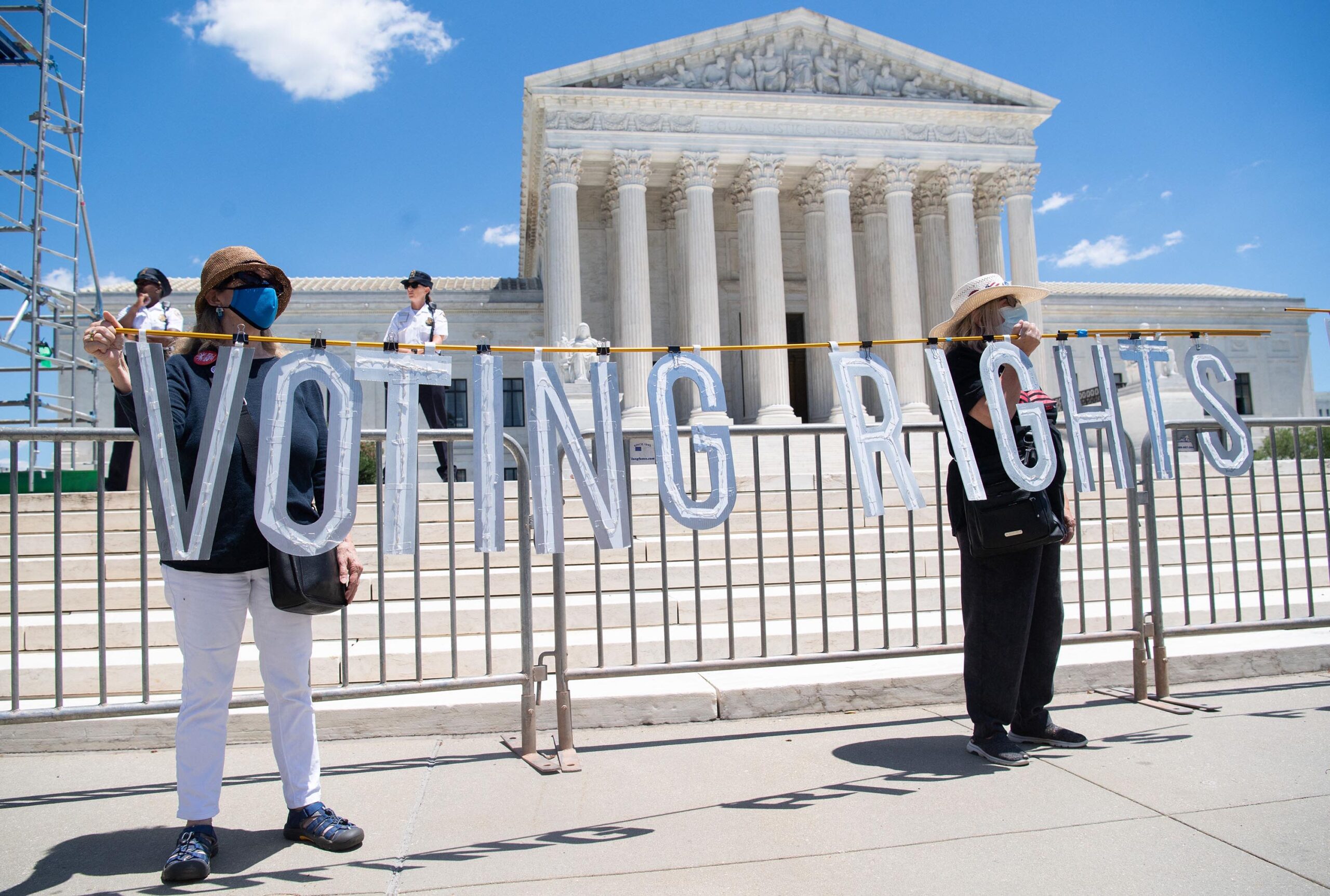Citizens’ Role in Defending Electoral Rights
In 1992, Otis Wilson, a resident of Louisiana, filed a lawsuit after years without Black representation on St. Francisville’s town council. The at-large voting system used in the city diluted the power of Black voters. His legal action, grounded in Section 2 of the Voting Rights Act, contributed to changing the electoral system to district-based voting.
Wilson’s case is one of hundreds brought by individuals and groups seeking to challenge racially discriminatory voting practices under the Voting Rights Act, signed into law 60 years ago. These lawsuits have historically served as vital tools for ensuring fair representation.
Legal Challenge Seeks to Restrict Private Lawsuits
A growing legal theory now questions whether private citizens and organizations have the right to sue under Section 2, suggesting that only the Department of Justice may file such claims. This interpretation contrasts with decades of legal precedent and has sparked widespread concern.
A redistricting case in North Dakota, filed by two tribal nations, highlights the issue. Though they initially prevailed, a federal appeals court ruled against their standing. The case may soon be reviewed by the Supreme Court, alongside another redistricting case in Louisiana.
Vast Majority of Section 2 Cases Filed by Private Parties
Since 1965, an estimated 92% of Section 2 lawsuits have been filed by private individuals or groups. Legal experts caution that removing this right could leave enforcement decisions solely in the hands of political administrations.
Potential Domino Effect on Voting Protections
If the Supreme Court limits private enforcement of Section 2, it could further weaken the Voting Rights Act, particularly after the 2013 ruling that curtailed other provisions. Advocates emphasize the need to preserve accessible legal avenues to protect the voting rights of marginalized communities.



